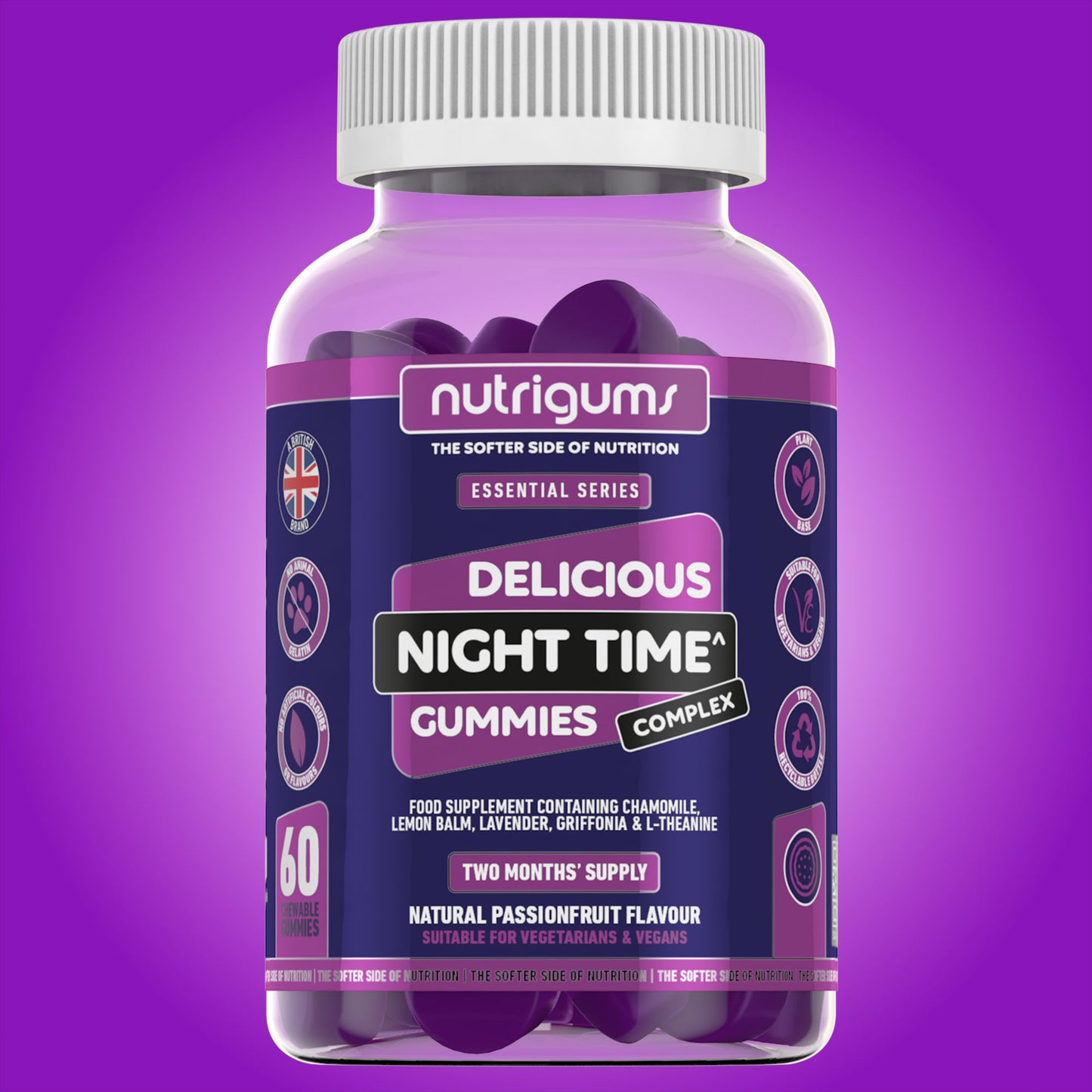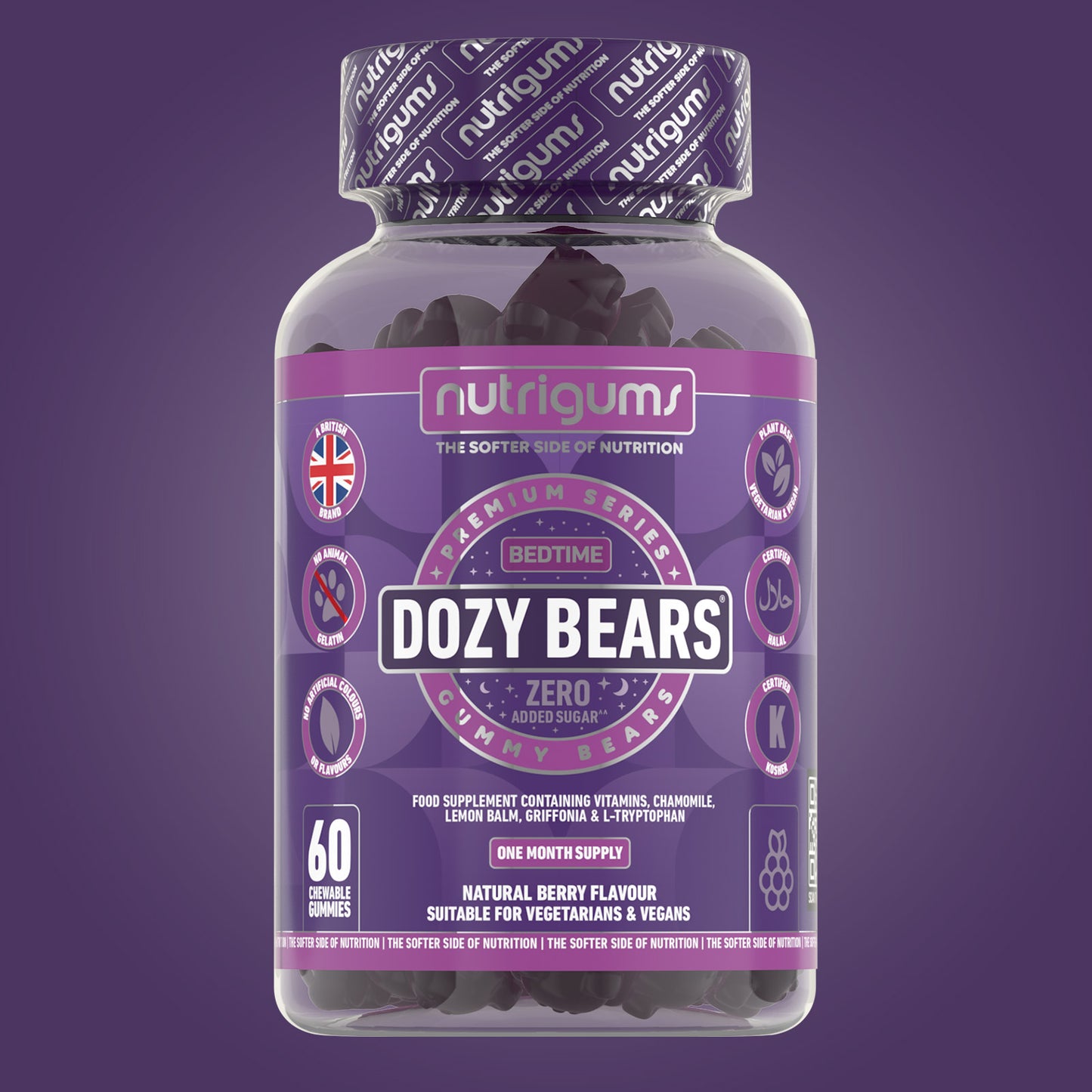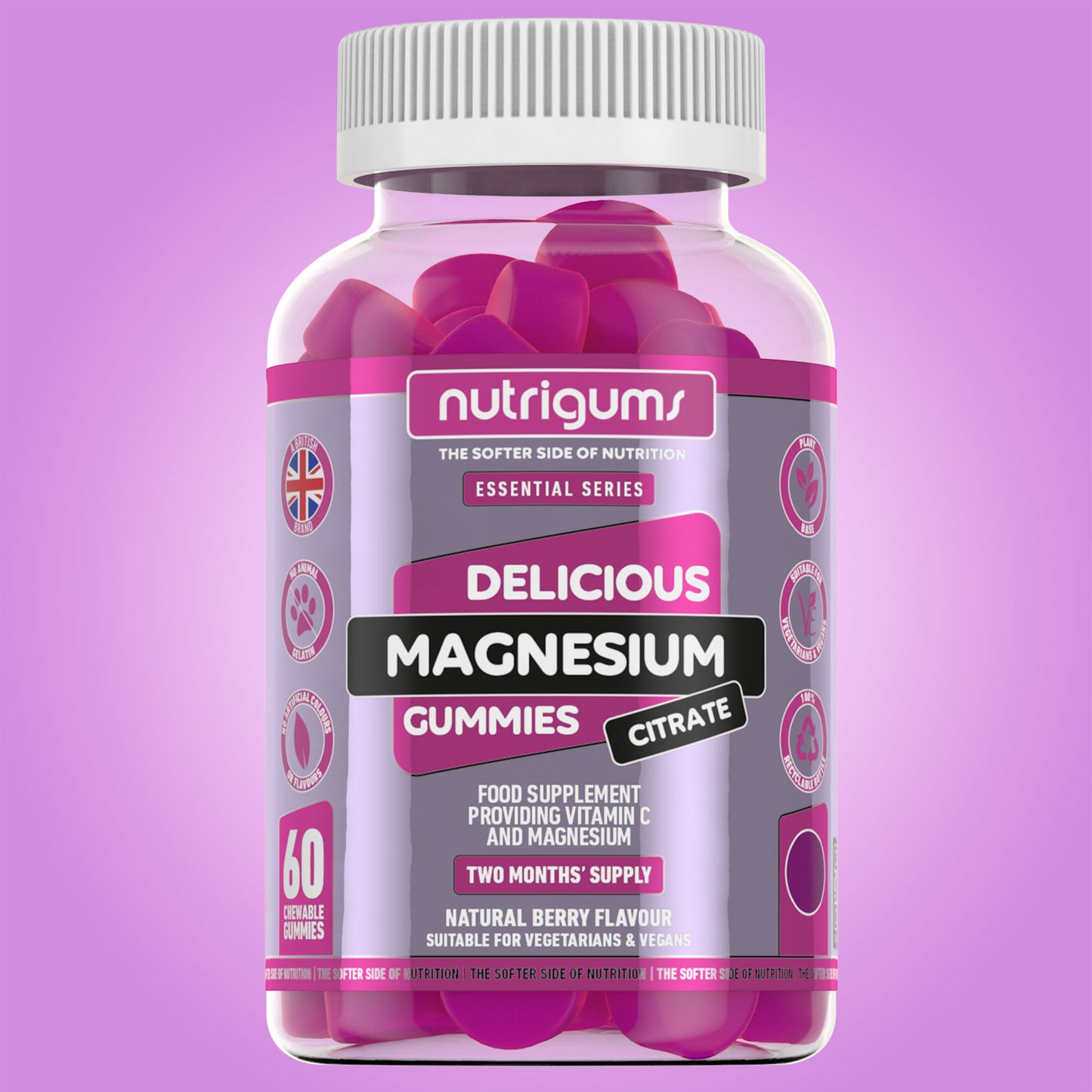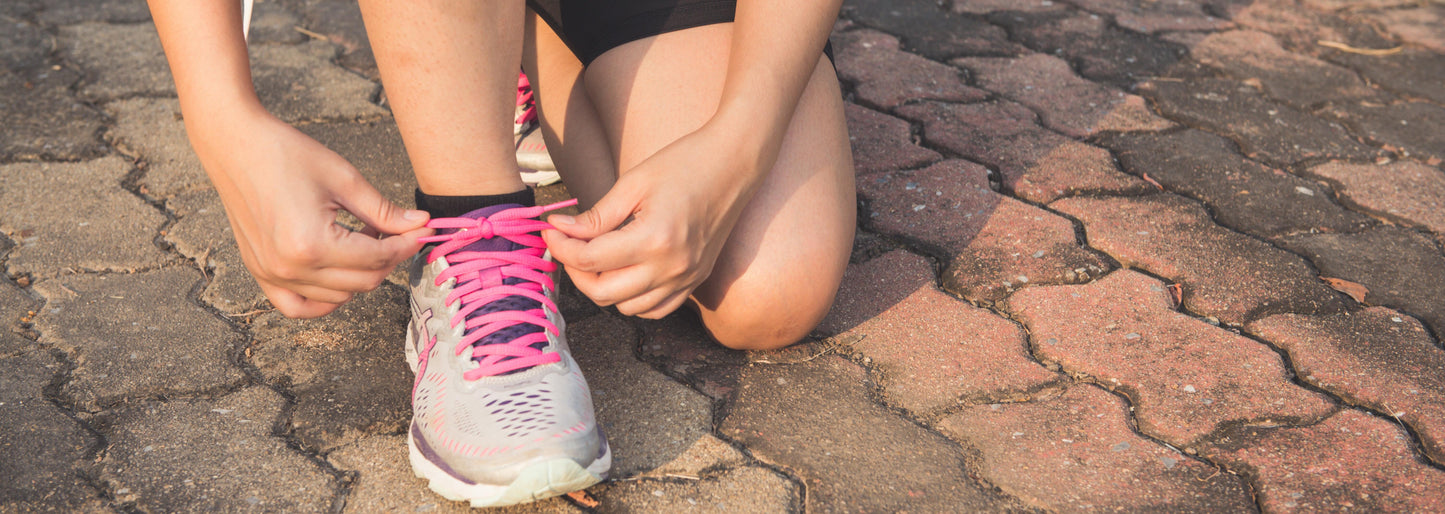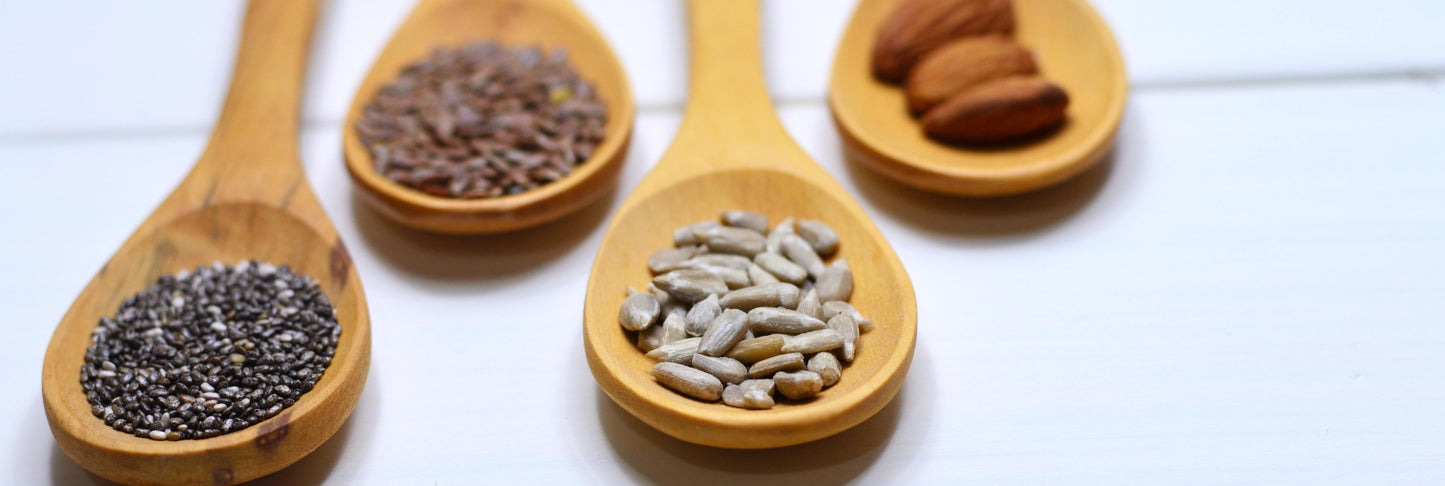Getting a good night’s sleep is crucial to our overall health and wellbeing, both physically and mentally, but there is an increasing number of us finding it difficult to switch off at night with WGSN reporting that 52% of millennials are currently unable to sleep due to stress.
Our sleep cycles are often interrupted by more and more late-night screen time on phones, the side effects of the current negative news agenda, and work-based problem solving when our minds are left to wander when we go to bed. Often, this can lead to sleep-based stress and anxiety or even insomnia, to which Shona Wilkinson, a registered nutritionist consultant at Nutrigums, says could be causing long-lasting grogginess and fatigue during our everyday lives.
With more of us keen to find the right sleep routine for a calming kip, Shona says often it’s consistency and the right nutrition that is the key to fixing sleep problems. You can’t simply use a sleep spray once or try a tranquil sleep playlist on its own – her advice is to monitor your schedule and reset your routine with five steps to helping you catch those all-important ZZZ’s.
Check out our bedtime gummy collection for sleep supplements to help you have a well rested night.
How sleep deprivation impacts our bodies
Sleep is really important for healthy brain function and cognition. Our concentration, productivity, and performance can all be negatively impacted if we are not getting the right amount every night. Sleep deprivation can make you moody and irritable, and even affect your short-term memory.
Additionally, sleep deprivation can have undesirable effects on weight gain. This is due to a lack of production of the hormone leptin, which sends signals to the brain to let it know you feel full. Without it, nothing indicates to your brain to stop eating. In more serious cases, where you sleep less than five hours a night you might risk high blood pressure, which can ultimately result in heart disease.
Top 5 tips for better sleep
Eating the right diet and nutrients to help you sleep better
While alcohol and even exercise are thought to be sleep and tiredness inducers, they can cause restlessness in your sleep. Late night exercise can cause overstimulation to your metabolism, raising your heart rate and causing frequent wakes in your sleep. While alcohol interferes with your REM sleep causing you to feel more tired in the morning.
Caffeine acts as another stimulant with drinks such as tea and coffee disrupting the circadian rhythm — the internal clock that tells the body when to sleep and when to wake up. You should try and avoid consuming caffeine around six hours prior to bedtime.
Some foods contain tryptophan which assists the manufacture of serotonin. Serotonin is used by the body to synthesize melatonin (our sleep hormone), this can be found in butternut squash seeds, sea vegetables, soy, cucumber, wheat, walnuts, potatoes, cauliflower, mushrooms, and leafy greens. Additionally, magnesium, which can be found in many bedtime supplements, helps to promote restfulness.
Reduce your screen time
Try to avoid using your phone or watching an electronic device such as a TV close to bedtime as the light on our screens tends to mimic sunlight and disrupt sleep. Replace the want to scroll through social media by investing your time into reading a good book, or taking a relaxing bath.
When our eyes are exposed to blue light during the night, the brain is tricked into thinking it's time to wake up, reducing the production of melatonin, a hormone that causes sleepiness and lowers body temperature.
Introduce essential oils
Overall, essential oils have numerous benefits including strengthening our immune system and soothing feelings of anxiety. Lavender, chamomile and sage have calming properties that help us to unwind and get to sleep.
Create a calming sleep environment
A warm bath signals the pineal gland in our brain to produce melatonin. Research shows this additionally helps with falling asleep faster as hot water helps change the body’s core temperature so that we go to bed with a lower temperature. Adding magnesium to your bath can also be really beneficial to a good night’s sleep. Elaine Penhaul, a home staging expert for Lemon & Lime Interiors says that painting a room a certain colour can affect your mood and evoke relaxation. “Colours can affect us psychologically - while brighter tones like reds and oranges embody energy, muted colours such as soft and natural greens and blues evoke tranquillity and harmony reminiscent to how we tend to feel when in nature. Earthy whites and greys are also a neutral colour-way that create a peaceful ambience in a bedroom, helping us to sleep.”
Monitor your sleep and keep your routine consistent
For many of us, our weekly routine is dependent on factors such as work or studying, our social life and exercise regime, or family commitments such as parenting. Traditionally, it is advised that adults get around eight hours of sleep every night, but this isn’t always the same for everyone.
How much sleep you actually need is determined by your age, your sleep quality and the time you need to wake up. The National Sleep Foundation says that generally a young infant needs anywhere between 11 and 13 hours of sleep a day, while an 18 to 64-year-old requires between seven and nine hours a day.
More importantly, each individual should keep track of how they feel after varying amounts of sleep. Noticing when you feel the most rested can help to identify the time in which you should set your clock for sleep. Keeping consistent with your bedtime and waking-up times can aid long-term sleep quality, so waking up and going to bed at the same time every night should be encouraged.

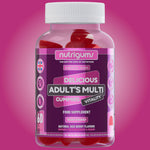 Adult's Multi Vitality Gummies
Adult's Multi Vitality Gummies
 Bio Cultures Microbiome Gummies
Bio Cultures Microbiome Gummies
 Kids Sugar Free Multi Vit Gummies
Kids Sugar Free Multi Vit Gummies
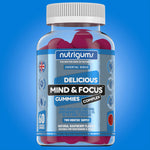 Mind & Focus (Ashwaganda) Gummies
Mind & Focus (Ashwaganda) Gummies
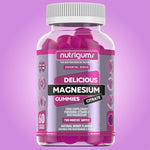 Magnesium Citrate & Vit C Gummies
Magnesium Citrate & Vit C Gummies
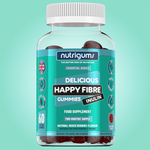 Happy Fibre (Inulin) Gummies
Happy Fibre (Inulin) Gummies
 Apple Cider Vinegar Complex Gummies
Apple Cider Vinegar Complex Gummies
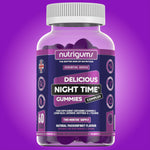 Night Time Complex Gummies
Night Time Complex Gummies
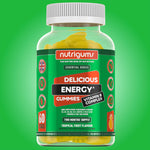 Energy (Vitamin B Complex) Gummies
Energy (Vitamin B Complex) Gummies
 Hair Vitamin Complex Gummies
Hair Vitamin Complex Gummies
 Happy Tums (Digestion) Gummies
Happy Tums (Digestion) Gummies
 Immune Vitamin C, Elderberry and Zinc Complex Gummies
Immune Vitamin C, Elderberry and Zinc Complex Gummies
 Women's Vitality Gummies
Women's Vitality Gummies
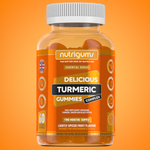 Turmeric, Ginger and Black Pepper Gummies
Turmeric, Ginger and Black Pepper Gummies
 Vitamin C 80mg Gummies
Vitamin C 80mg Gummies
 Vitamin D3 1000iu Gummies
Vitamin D3 1000iu Gummies
 Dozy Bears Night Time Gummies
Dozy Bears Night Time Gummies
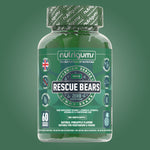 Rescue Bears Mood Gummies
Rescue Bears Mood Gummies
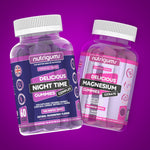 Ultimate Bedtime bundle
Ultimate Bedtime bundle
 Ultimate Beauty bundle
Ultimate Beauty bundle
 Ultimate Diet bundle
Ultimate Diet bundle
 Ultimate Immunity bundle
Ultimate Immunity bundle
 Ultimate Women's Vitality bundle
Ultimate Women's Vitality bundle
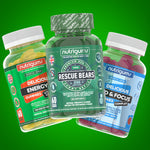 Ultimate Busy Lifestyle bundle
Ultimate Busy Lifestyle bundle
 Dozybears Bedtime Pillow Spray
Dozybears Bedtime Pillow Spray
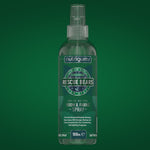 Rescue Bears Stress Relief Spray
Rescue Bears Stress Relief Spray
 Immunity Gummies
Immunity Gummies
 Diet Gummies
Diet Gummies
 Bone & Joint Gummies
Bone & Joint Gummies
 Beauty Gummies
Beauty Gummies
 Energy Gummies
Energy Gummies
 Gut Health Gummies
Gut Health Gummies
 Bedtime Gummies
Bedtime Gummies
 Mind & Mood Gummies
Mind & Mood Gummies
 No Added Sugar Gummies
No Added Sugar Gummies


